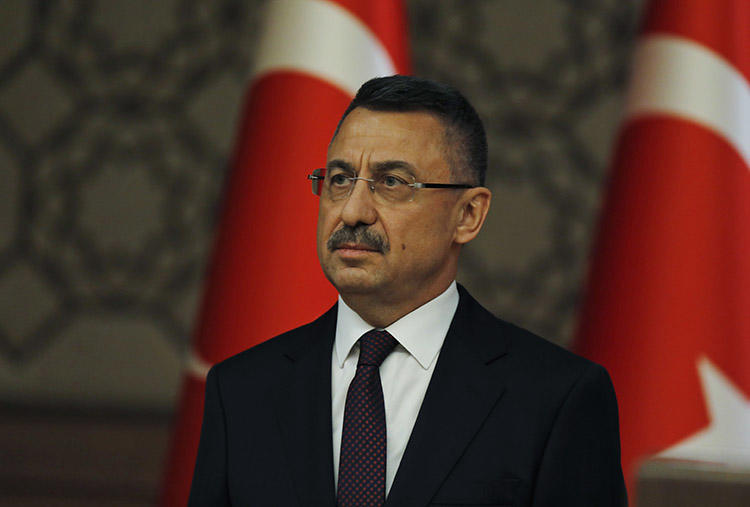Journalist jailed over unpaid fines
Hakan Gülseven, a journalist who used to work for the pro-opposition (CHP) daily Yurt, was imprisoned on December 20 after failing to pay 31,500 Turkish lira (US$5,974) in three unpaid fines over charges of insult, the news website Artı Gerçek reported.
In Turkey, unpaid fines are converted into prison time, with 20 Turkish lira equating to one day in prison. Onur Güneş, a lawyer representing the journalist, told Artı Gerçek that the fines equal about four years and five months in prison. CPJ documented in June 2017 how Gülseven was imprisoned for a day over an unpaid fine, but released when the fine was paid.
President accuses journalist of trying to provoke unrest
During a rally in Konya on December 17, President Recep Tayyip Erdoğan accused FOX TV Turkey Anchorman Fatih Portakal of trying to provoke the people, independent news website Bianet reported. Erdoğan said that Portakal, alongside the main opposition leader Kemal Kılıçdaroğlu, wanted protests like the recent mass demonstrations in France. “If you do not know your place, this nation will hit you in the back of your neck,” said Erdoğan, who also made fun of the journalist’s surname, which means “orange” in Turkish. The president also mentioned the journalist by name at other rallies in the past two days, the report said.
Nearly 2,000 press credentials revoked
In the past three years, Turkish authorities have revoked the press credentials of 1,954 journalists, Bianet reported. In response to a question asked by CHP parliamentary deputy Atilla Sertel on new regulations over assigning press cards, Turkey’s Vice-President Fuat Oktay said during parliamentary questions on December 19 that 1,954 press cards were cancelled, 705 of which were revoked for FETÖ-related reasons.
The government is responsible for issuing the press credentials, known as yellow cards, in Turkey, which allow the press access to certain areas. The independent Press Council said the new regulations for assigning press cards are even more arbitrary and disadvantageous for journalists than before.
Journalists in court
- An Istanbul court on December 20 acquitted Kamil Tekin Sürek, a columnist for the leftist daily Evrensel, of a charge of “insulting the president” in a column titled “The Fascist Dictatorship” his employer reported.
- A Hakkari Court on December 18 convicted Hamza Gündüz, a reporter for the pro-Kurdish Mezopotamya News Agency of “making propaganda of a [terrorist] organization”–referring to the (PKK)–via his social media posts, and sentenced him to a 20 month-suspended prison sentence, his employer reported. The court ordered that the sentence be suspended for five years on condition the journalist does not repeat the offence, according to the report.
- Journalism student Berivan Bila, who was arrested this month on accusations of “insulting the president” in an article titled “Journalism is not a crime,” was released from prison pending trial on December 17, Bianet reported.
- Romania’s Bucharest Appeal Court on December 14 rejected an extradition request from Turkey for journalist Kamil Demirkaya, whom Turkey accuses of being part of a terrorist group (FETÖ), according to reports. Demirkaya was allowed to remain in Romania.
- A court on December 14 sentenced İshak Yasul, the responsible news editor for the shuttered pro-Kurdish newspaper Özgürlükçü Demokrasi, to 13 months in prison for “making propaganda for a [terrorist] organization” (PKK), Gazete Karınca reported. Yasul is already in custody as part of a separate trial against the newspaper.
